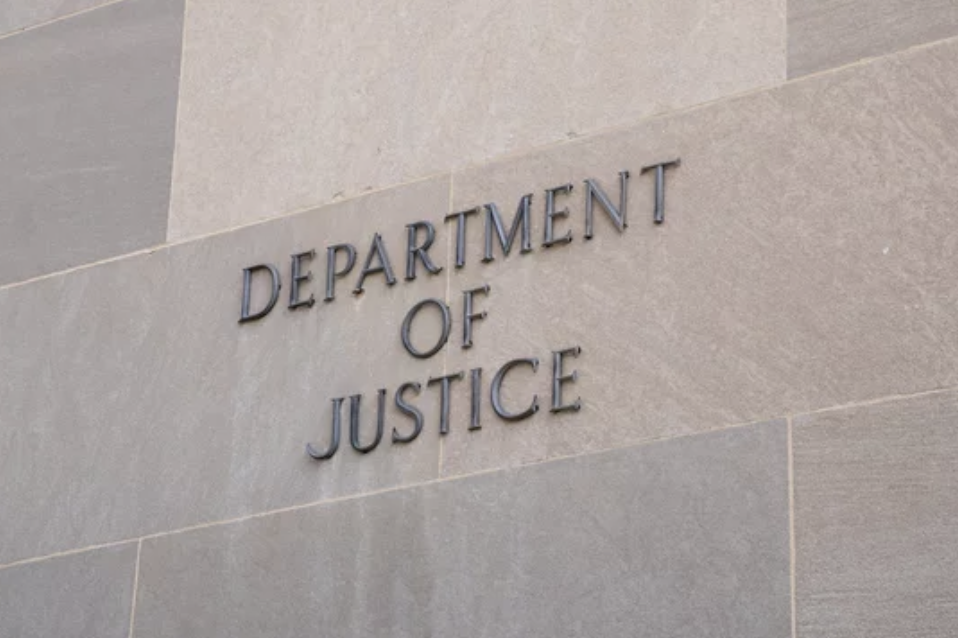
(GA Recorder) — A Georgia House panel Monday approved a bill intended to overhaul early and absentee voting laws and restrict access to ballot drop boxes, opening a clear path for lawmakers to vote on the sweeping election legislation in the waning days of the 2021 legislative session.
The House Special Committee on Election Integrity passed a modified version of Senate Bill 202 along party lines, with Democrats and many voting rights organizations opposing absentee dropbox restrictions, new vote-by-mail ID requirements, and making it a misdemeanor for volunteers to pass out water and snacks while voters wait in lines.
But Republican committee members say extensive changes detailed in the 94-page legislation are needed to provide more uniformity across Georgia’s 159 counties. Some ranking GOP lawmakers say the legislation features changes responsive to objections when a two-page bill grew to 94 pages last week.
Republicans also dispute claims by Capitol protesters that their sweeping election overhaul spurred by the 2020 election outcomes disenfranchises Black people and other voters, noting provisions that expand early voting in most of the state in the latest version, going from one to two mandatory Saturdays and two optional Sundays.
Rep. Jan Jones, a Milton Republican and Speaker Pro-Tempore, said she believes this legislation provides better consistency while also giving flexibility for communities with vast differences. For instance, Sunday voting might better suit Fulton County, where more than 528,000 residents cast ballots in the Nov. 3 general election, compared to much smaller counties with less demand for weekend voting.
“it’s very difficult to have 100% uniformity when we have four counties of almost 1 million people each and four counties with fewer than 4,000 people,” Jones said. “So they’re very different circumstances, but we’ve increased the required weekend voting by 100%.”
Rep. Rhonda Burnough, a Riverdale Democrat, questioned the need to limit absentee drop boxes, a popular option for Georgians to deposit their ballots during the pandemic safely.
The bill would allow local election staff to set up absentee ballot drop boxes outside early voting locations during a public health emergency but still require them to be kept inside absent a crisis.
A record 1.3 million Georgians voted absentee in the general election.
“People like the drop boxes, so I don’t know why, if somebody likes something, we have to get rid of it,” Burnough said.
The Senate voting bill now heads before the House Rules Committee, which determines if legislation makes it to the chamber floor.
Meanwhile, the Senate Ethics Committee is scheduled to vote Tuesday on a similar election bill authored by Rep. Barry Fleming, a Harlem Republican and chair of the House Special Committee on Election Integrity.
Both measures would keep the 2005 no-excuse absentee law that allows Georgians to vote by mail without having to provide a reason after earlier versions of election bills proposed requiring a reason, such as overseas travel.
Voting rights groups have also criticized the bills giving the state election board ability to take over local election boards deemed as underperforming. They’ve also said the plan to require an ID to vote absentee will restrict ballot box access, a provision backed by top Republican officials who call it a more objective way of verifying the voter’s identity than the signature match system used now.
The contentious debate over Georgia’s election laws has played out in recent months with dozens of bills getting filed and with claims that many Republican lawmakers are attempting to implement Jim Crow-era restrictions after the bitter defeat of former President Donald Trump in the presidential election.
Georgia is the subject of national controversy for its flurry of proposed voting restrictions that follow baseless complaints of election irregularities peddled by Trump supporters after he lost the Nov. 3 Georgia election to President Joe Biden by 12,000 votes. Before the 2021 legislative session started, Georgia’s House Speaker made it clear that changes were coming to the state’s election rules.
On Monday, a Republican legislator passionately defended himself against accusations he is pushing for voting restrictions that suppress voters – and that he is paying a personal price for his public stance.
Roswell Sen. John Albers said he resigned as a chief information officer for a law firm after The Lincoln Project, an anti-Trump political action committee, inaccurately sent tweets suggesting he supports ending the no-excuse absentee voting law and reducing weekend voting options.
Instead, Albers said he proudly sponsored a bill to add a watermark in an attempt to improve ballot security, a relatively arcane proposal in this year’s wave of ballot box restrictions.
“People who are willing to subvert the truth for their own political and personal agendas are an imminent threat to our entire democracy,” Albers said. “We cannot allow radical groups, groups like The Lincoln Project to continue to use lies and deception to stoke division and destabilization of our great country.”







